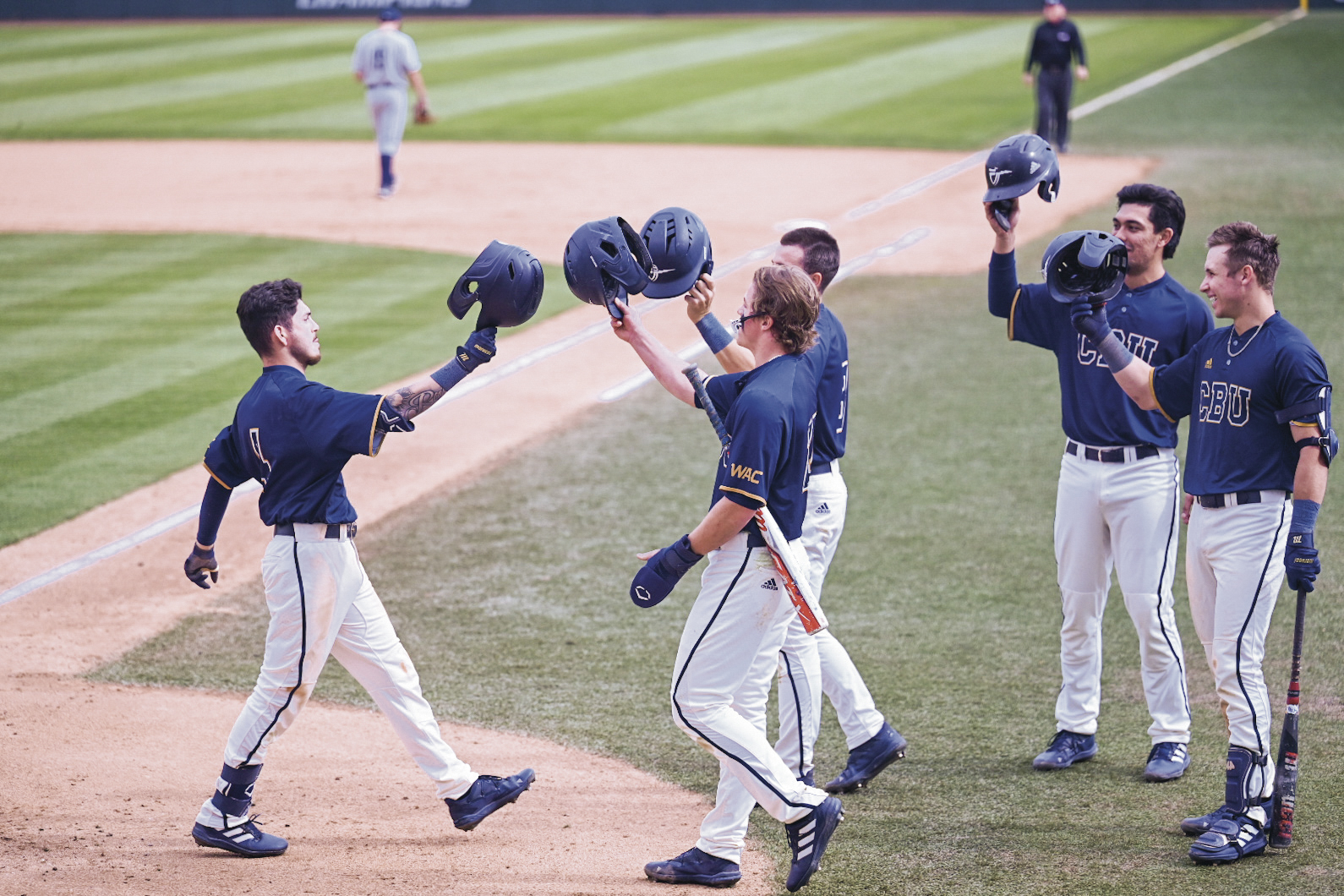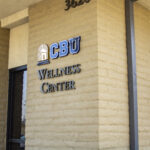
Since sports teams, in the most simple terms, are groups of people, they are prone to disagreements and misunderstandings. It is also something that is a fact of life for many athletes.
“[Conflict] is considered to be an inevitable part of any group,” said Dr. Kyle F. Paradis, lecturer in sport sociology and psychology at Ulster University.
Conflicts are often rooted in activities and social interaction and may result in disagreements or negative emotions. Negative emotions left to fester can affect the performance of the team as a whole. Sarah Shiers, freshman biology major and member of the swim team, attested to the effects of chemistry on a team.
“The main way that I have seen conflict affect performance is by disrupting the team chemistry on deck,” Shiers said. “Swimming is a very mental sport, and the most successful races occur when you know you are supported by everyone on the team. When conflict is occurring, the team chemistry is affected and brings the whole group’s energy down. This directly impacts how the team shows up in the eyes of competition and how individuals on the team perform.”
The consequences of conflict can be extreme.
Paradis said conflict can have a “detrimental influence on performance and satisfaction within groups…understanding the influence of conflict would be of paramount importance for coaches and athletes alike considering the potential implications for many important outcome variables such as performance and satisfaction.”
Conflict between teammates is a poison that can destroy a team and its performance. The roots of conflict can be found in bad communication and selfishness.
“From my experience, the main conflict on a sports team is lack of communication and approaching the sport in a self-centered way,” Shiers said. “Especially in a sport like swimming that is technically based upon individual races, it is so easy to act in selfish ways or put your needs and desires over those of the team. Without healthy communication and accountability, conflict can arise and impact the success of the team.”
Conflict must be dealt with head on and in a productive way. Shiers shares the ideal way to handle conflict.
“Team conflicts are resolved in positive ways through open conversations that aren’t about making anyone feel badly but instead about getting to the root of whatever problem has come up,” Shiers said.
Shiers added that the key to conflict resolution is the heart of the individual. If someone is not willing to make amends, a conflict may never be solved.
“Resolution is only reached when you have teammates and coaches who are willing to hold one another accountable and make decisions for the good of the team, even when those decisions are difficult,” Shiers said.
Conflict can be avoided by taking active steps against disunity.
Shiers avoids conflict by placing an emphasis on communication. The key to having good relationships with others is to actively pursue those good relationships.
“To avoid bad chemistry with my teammates, I rely heavily on open and honest communication,” Shiers said. “Limiting any gossip or bad-talking is crucial in building healthy and long-lasting team relationships. I am huge on treating others how I wish to be treated and believe that that golden rule directly correlates to teammate interactions.”
Despite the inevitability of disagreements, it is important for teams to get along and to take active steps toward unity.
“I have an excellent relationship with my teammates,” said Anna Máté, a master’s of business administration student and member of the women’s cross country and track team. “They are my family. We always trust and support each other in everything.”
Máté has been on the track team for a long time and is one of the oldest team members. She has become the “mom of the team.” Teammates come to her for advice, food and other needs.
Máté said she intends to stay close to her teammates, even when her time as an athlete ends.
“This is the last semester I am eligible to train and race with my teammates,” Máté said. “Honestly, I cannot imagine how my last two semesters will look without them. Even though I will not be able to spend as much time with them as before, I will definitely stay in touch with them.”
Shiers said she experienced a familial bond with her teammates.
“My relationship with my teammates is very much family-like,” Shiers said. “My teammates are my sisters, brothers and built-in best friends. I am beyond blessed to have such an incredible group of individuals that push me to be the best version of myself as both a person and athlete. This team genuinely means the world to me, and these people are the center of my life.”
Shiers said Christian faith present at CBU makes a difference when dealing with conflict.
“Coming into CBU after spending my first two years at a state school in Florida, I can confidently say that the conflict resolution that happens here is successful and handled well,” Shiers said. “CBU, as a Christian university, approaches conflict resolution in a way that reflects the school’s priorities and the Christian belief system. To see disagreements or conflict and approach them with love and care is a huge difference in comparison to most other college athletic departments. I have seen hard situations handled in a very diplomatic and Christ-like way at CBU, and I am thankful to be part of a program that emphasizes the importance of handling situations in that way.”
Small tiffs that occur can result in performance-altering situations.
“I hardly ever disagree with my teammates,” Máté said. “We are all easy-going. Whenever we have minor disputes, we can discuss them easily without impacting our relationship.”
In sports, it is not uncommon for competitiveness and comparison to sneak in and destroy relationships.
“We all want to be successful,” Máté said. “That is why we help one another to reach our goals. If we [compete against one another], the team would be a mess, and none of us would succeed. Over-competitiveness leads nowhere.”
Máté also discussed the effects of comparison.
“Our coach used to tell us that we should not compare ourselves to our teammates, but it is unavoidable,” Máté said. “Some of us are more talented than others, and everyone recognizes this. We all have different strengths, and we should take advantage of those. Individuals should be aware of their talents and stop comparing themselves to others. Constant comparison hinders individual success.”
Relationships thrive when people take intentional steps to maintain that relationship. Máté said she takes active steps to maintain the bond with her teammates.
“We have meals together at least twice a day, and I invite my teammates once a fortnight for crepes, a movie or a chat,” Máté said. “These activities connect us even more.”
Good relationships take time and intentionality. For athletes, it is important to get away from the game spend intentional time with their teammates.
“I make a conscious effort to connect with individuals outside of the team environment,” Shiers said.
“Obviously, training together is a large portion of the time we spend together, but I have found that reaching out and connecting one-on-one over dinner, just meeting up to chat or heading to the beach is great for further developing personal relationships and, in turn, building team chemistry.”
This only reinforces just how important communication and connection is for team success.


